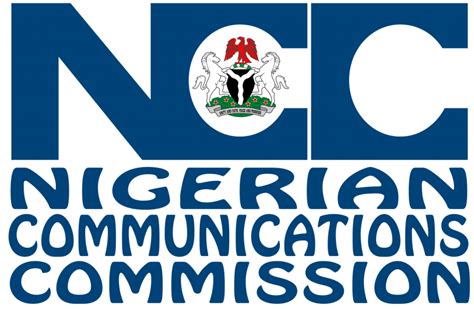The Nigerian Communications Commission (NCC) has finally given in to the persistent pleas of telecommunication companies (telcos) to adjust call and data charges. This decision, set to be officially announced today by the NCC, comes after a prolonged period of negotiations and requests from telcos citing escalating operational expenses as the primary reason for seeking tariff adjustments.
Industry Pressures:
Telcos have long been advocating for higher prices, attributing their need for tariff hikes to various factors such as increasing operational costs. One significant expense highlighted is the substantial amount of diesel—approximately 40 million liters per month—that telcos require to power their stations. These costs have put a strain on their financial resources, prompting them to seek approval for raising charges.
Financial Struggles:
Moreover, telcos emphasize the necessity for additional investments in specialized software and hardware upgrades to enhance service quality continually. The recent devaluation of the naira has further exacerbated their financial challenges, making it increasingly difficult for these companies to operate sustainably without adjusting their tariffs.
NCC’s Decision:
The NCC’s approval will enable telcos to implement price increases within the existing tariff range established back in 2013, which varies between N6.40 and N50. While initial requests from telcos proposed significant percentage increases, the NCC opted for a more moderate 50% raise in tariffs to support the companies’ viability amidst financial instability.
Expert Insight:
According to industry insiders familiar with the situation, these adjustments are deemed critical not only in alleviating immediate financial strains on telcos but also in ensuring continued service maintenance and enhancement. The telecommunications sector heavily relies on advanced technologies that demand constant investment—a factor contributing significantly to telcos’ financial challenges.
A Sector Evolution:
Reflecting on Nigeria’s telecom history reveals a remarkable evolution—from the establishment of Nigerian Telecommunications Limited (NITEL) in 1985 as the sole provider, towards liberalization allowing private entities like MTN Nigeria, Glo Mobile, Airtel, and others into the market. This shift marked a pivotal moment that shaped Nigeria’s telecommunications landscape into what it is today—a diverse industry offering services to millions across the country.
In conclusion:
As stakeholders navigate this period of transition in tariff adjustments prompted by evolving industry dynamics and economic realities, striking a balance between consumer affordability and sustaining operational efficiency remains paramount. The decisions made now will undoubtedly influence how telecommunications services continue shaping lives and businesses across Nigeria.
Whether these changes ultimately lead to improved services or pose new challenges is yet to unfold—but one thing is clear: adaptability amidst change is key for both telecom operators and consumers alike.

